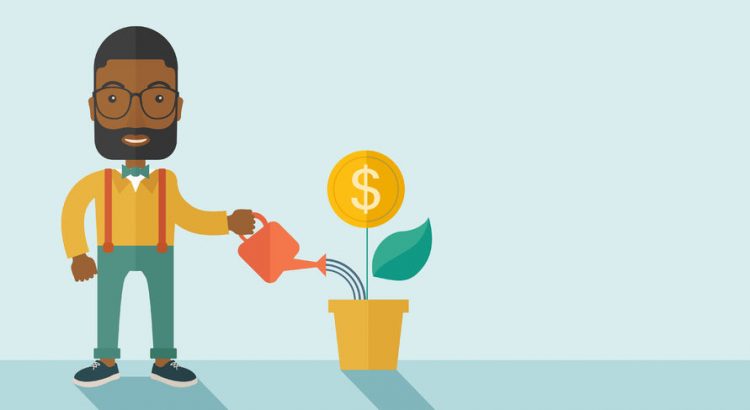Podcast: Play in new window | Download
Subscribe: Spotify | Email | TuneIn | RSS
The COVID-19 pandemic changed nearly every aspect of our lives. Schools and businesses shut down. Hospitals filled up. And many of us spent months alone or in familial ‘pods.’
But this dark period of global history had some bright spots, and many of them appeared in the scientific community. Rapid at-home testing became ubiquitous. mRNA vaccines were used to immunize millions against the worst outcomes. And funding flowed to scientists in virology, immunology, drug development, air quality and more.
As a society, we learned something else, though: science can save lives. More science, better science, and faster science can save more lives.
Read More



